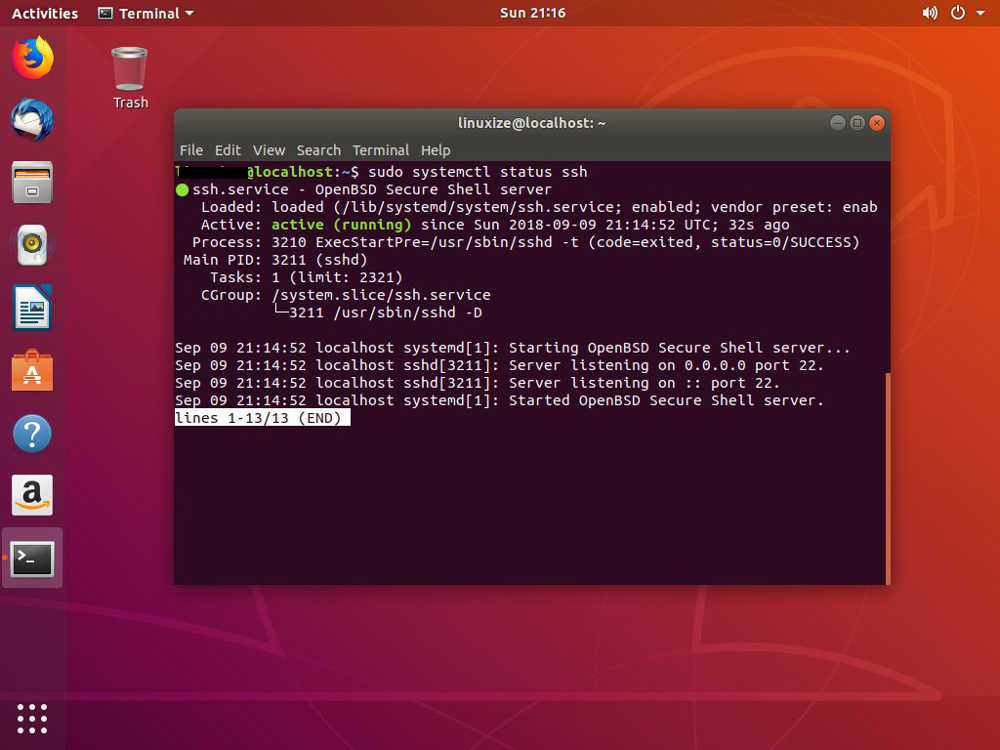
That is, we could establish a connection to Windows Terminal Server via RDP protocol over port 3389 (non-secure connection) leveraging our SSH access and with no need to open the port 3389 on our firewall. Private keys should not be stored in any way on the server, but only in the SSH client we use to connect with.Īnother interesting freeSSHd feature: it provides tunneling connections from other ports/services that have nothing to do only using the SSH secure access. Each of these files must contain only the public key for that user.

There we’ll copy one file for each user whose name is simply the name of that user without any extension. By default the installation directory will be used. To achieve this we’ll indicate to freeSSHd which is the directory where the public keys of different users are stored. Just generating a new pair of private and public keys for our user, or assigning an existing one we can just enter the command console or copy files to our server in one click. One of the huge advantages of SSH is that it provides automated access to our server with no need to enter username and password every time. Just setting the root directory for our files and using an appropriate client against the recently open port 22, we’ll be able to perform secure file transfers. As these protocols use the underlaying SSH connection, we don’t have to do anything special to configure them. By default, the Windows Firewall blocks such connections, so you must explicitly authorize them:įreeSSHd also acts as a secure FTP server, enabling secure file transfers via FTP/FTPS/SFTP protocols. To reach our new SSH server from outside we need the port 22 (or that one you choose in settings) is open and there is no restriction to establish connections against it. The first step we must take to configure the SSH server is to start it up as a Windows service that runs in the background ( SSH server is not running. Once downloaded and installed the application in the usual way, run it and find a control panel like that one in the following screenshot.

That is basically all we can find in OpenSSH. It provides strong encryption and username/password or public/private key authentication features, also allowing secure file transfer via FTP/FTPS/SFTP protocols and tunneling connections via port forwarding.

Although other alternative SSH softwares for Windows, mostly commercial but also some free ones, freeSSHd is a very simple setup SSH server and gives very good results.


 0 kommentar(er)
0 kommentar(er)
